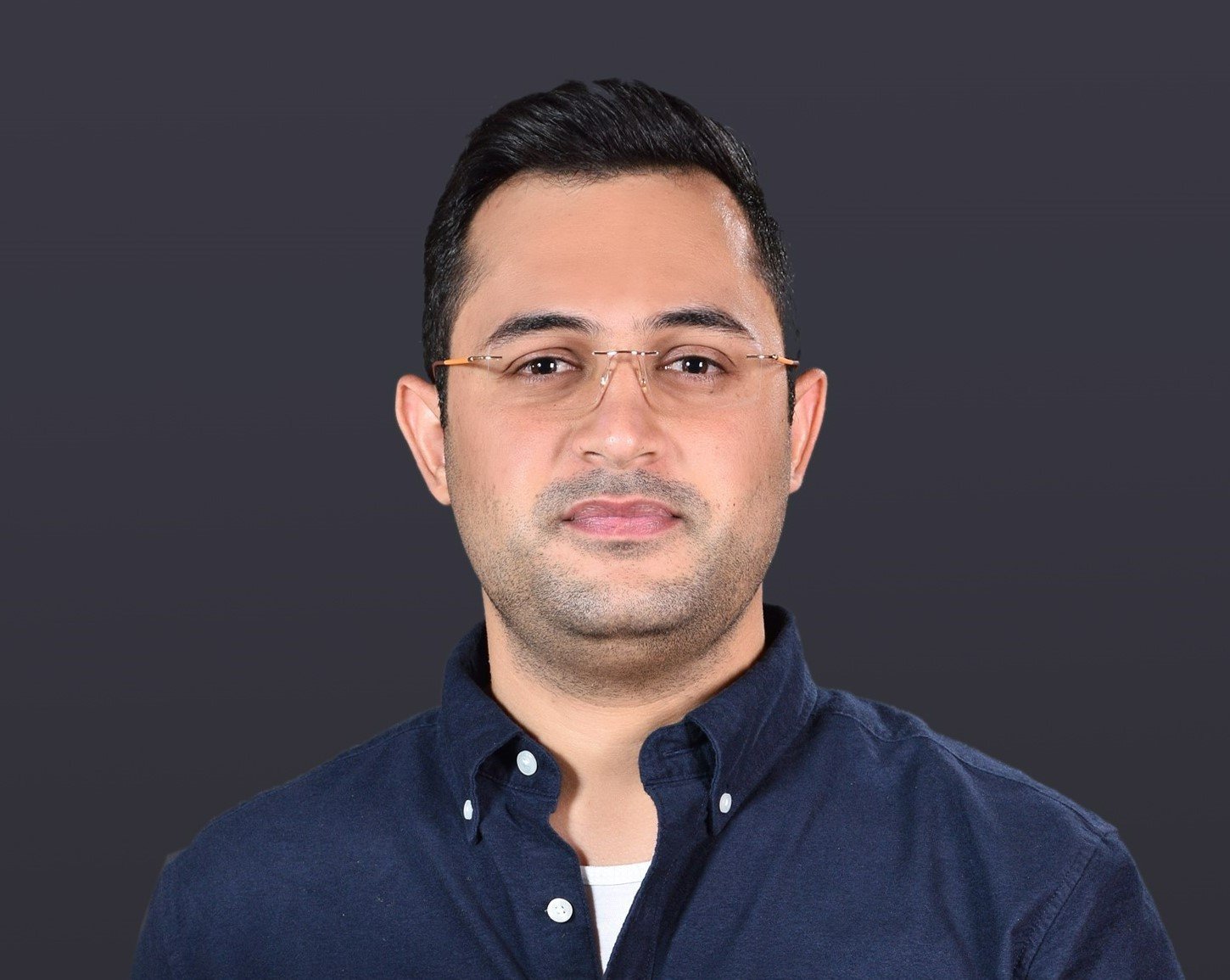“I will implement the knowledge I will gain from my masters course and combine it with my academic and professional experience in Architecture to become one of the pioneers in the field of Neuroarchitecture.”
Meet Khaldoon…
Khaldoon is from Jordan and originally studied Architecture Engineering at Yarmouk University in Jordan.
During his bachelor degree, Khaldoon was a volunteer lecturer for almost 3 years, teaching other students in his department to professionally use architectural software. During these three years, he trained over 240 of his colleagues and now he is happy to see lots of them are certified trainers in this field.
He graduated in 2018 and got the opportunity to work in Dubai, UAE at one of the biggest architectural firms. In January 2020, Khaldoon became a BIM & VR Team Leader for one of the biggest under-construction projects in the UAE.
Khaldoon is now studying MSc Computational Neuroscience and Cognitive Robotics at the University of Birmingham. He chose this subject because he wants to use the knowledge he will gain from it alongside his background in Architecture to design architectural spaces based on neuro data coming from the brain.
Khaldoon has always been very interested in changing the way that buildings are designed and has focused on this since his bachelor studies and throughout his three years of experience after graduating. He states that most buildings were being designed based on image or the client’s expectations. Instead, Khaldoon’s concept was to use the brain and the neuro-data coming from it as a scientific base to be followed in the design process. His concept is to use VR technology along with brain imaging technologies to discover how our brains respond to the different architectural spaces; so this design will follow and respect the psychological and biological needs of the human.
After lots of research, Khaldoon found MSc Computational Neuroscience and Cognitive Robotics at the University of Birmingham. He was impressed by its uniqueness as not only is this degree unique to the University of Birmingham, but by the fact that the course also combines modules from the Schools of Medicine, Psychology and Computer Science. Based on these modules, he will learn the skills of using brain imaging technologies, understanding the neuro-data, analysing them and reflecting them into any design. Khaldoon hopes that completing this course at the University of Birmingham will make him a pioneer in the field of Neuroarchitecture ("Neuroscience & Architecture") all over the world as this topic is still in the research area. He hopes to combine the knowledge from his degree with his academic and professional experience in Architecture.

